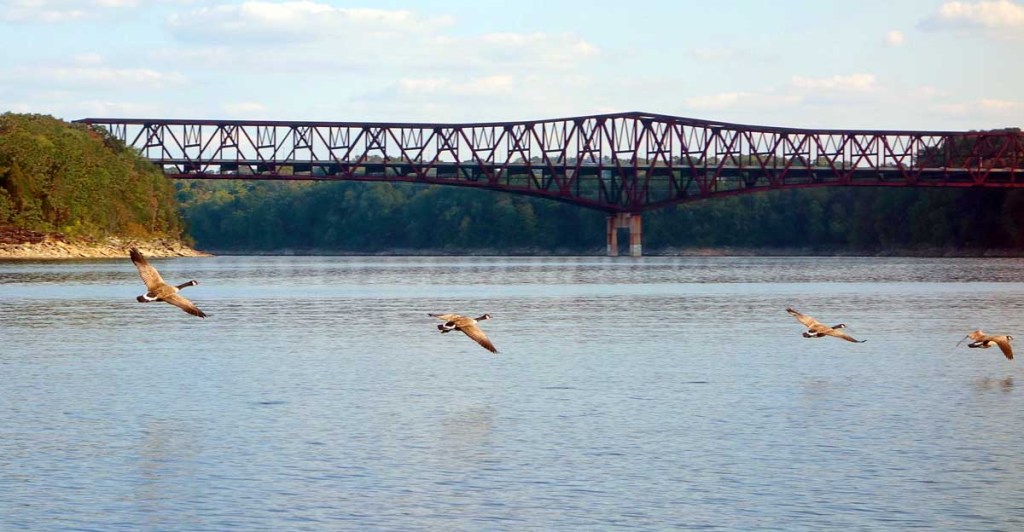Mass. citizens upset over Canada geese killed, sent to homeless shelters as meat
Published 1:04 pm Wednesday, August 30, 2017
Some Beverly, Massachusetts, residents caught a gander this week at Canada geese being rounded up in nets, and they weren’t happy.
Beverly residents concerned about the geese’s capture were even more upset to learn their fate: through a federal government contract, a private company captures and euthanizes the birds. The meat is then shipped off to homeless shelters, according to city animal control officials.
“You hate to see any hunting done where the animal is going to be killed and thrown away,” Bruce Doig, Beverly’s city parks and recreation director, said.
Around 20 geese were removed from Beverly at a park and athletic fields on Monday. The birds were captured by net and euthanized off site.
The problem with the geese, Doig said, is the amount of waste they produce – each goose can drop about 3 pounds per day. That leaves public green spaces inundated with goose droppings.
“Obviously it’s not something you want your kids rolling round in,” Doig said.
Mayor Mike Cahill said the Beverly geese, and the waste they produce, is “not safe.”
“They pose a public health risk is what they do,” Mayor Mike Cahill said.
While the euthanasia program may seem extreme, it’s not a Massachusetts anomaly. The United States Department of Agriculture has a specialized federal agency called Wildlife Services, which focuses on “managing conflicts between people and wildlife,” according to its website.
In reality, this translates to the USDA or contracted partners killing animals that were threatening the health or safety of human populations, natural resources, property and agricultural resources. According to USDA data, Wildlife Services killed some 2.7 million animals in 2016, including 22,388 Canada geese, with methods such as shooting, poison, gas, traps and snares.
The agency’s lethal practices have received significant pushback from animal welfare and conservation groups in recent years.
“There is a legitimate case to be made for a federal program that helps to solve wildlife conflicts, providing training and research on best practices with an emphasis on innovation and non-lethal solutions,” the Humane Society of the United States wrote in a 2015 report on the agency. “But Wildlife Services in its current form is a relic of the past, exterminating wildlife as a government subsidy for private ranchers and other special interests, using inhumane and ineffective methods, while the U.S. taxpayers foot a large share of the bill.”
According to the USDA website, Wildlife Services encourages the capture and removal of resident Canada geese between April 1 and August 31. In mid-summer, the birds undergo a molting period when they lose their flight feathers.
The Migratory Bird Treaty Act of 1918 and various state laws protect native waterfowl in the U.S., so contractors and cities like Beverly must obtain specific permits from the appropriate wildlife agency before they can remove the animals.
“From mid-June through early July, the waterfowl can be captured with netted panel traps. Where allowed, euthanized geese may be donated as a food source to charitable organizations.” a Wildlife Services brochure reads. “Only trained professionals, including Wildlife Services biologists, with the required permits should carry out capture and removal work. Community input is also important in any decision to use this approach, as it can be a sensitive issue.”
Since Canada geese return to areas they’re born and raised, it can be difficult to relocate them to less problematic areas. Some states, like Massachusetts, have laws expressly prohibiting geese relocation.
Arianna MacNeill of the Salem, Massachusetts, News, contributed to this report.


